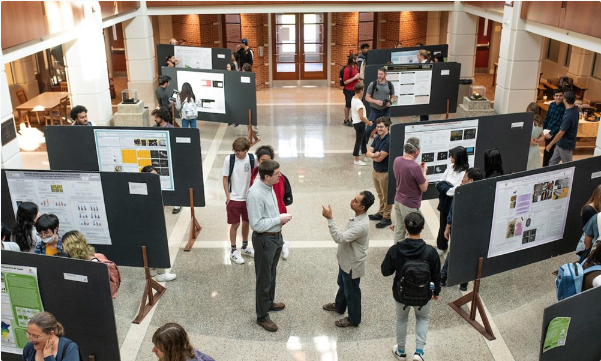Date of Award
Spring 2021
Document Type
Thesis
First Advisor
Erik Wielenberg
Second Advisor
Deepa Prakash
Third Advisor
Kevin Moore
Abstract
I will focus on the United States and their motivation to aid humanitarian crises through three case studies. To realize how the United States is motivated to help, humanity’s predispositions must be well-defined, alongside their established geopolitical interests. It is easy to feel empathy for loved ones or family members, but how does empathy translate with someone in a foreign country? At our core, humans seek interaction and cooperation among others. Who and how they decide to cooperate with defines the intervention strategies. If we can understand how the individual selects their in-group, these tendencies will reflect at the state level leadership. The beginning of the paper outlines the transition of the individual to the formation of the state so that we can recognize why the United States selects certain states over others. This will be demonstrated through the progression from individuals, tribes, to governing bodies.
Starting at the individual level, humans have the capacity for social empathy, but they are also balancing an inclination to violence. As Frans de Waal observes, we are a “bipolar” species. It becomes easier to suppress violence when individuals or groups feel included and respected by their government and families (Raine 1538). I will apply Elizabeth Segal’s definition of social empathy, which is the ability to read and understand the feelings and actions of others with the experiences of different societal groups (Segal xii). Once the individual and tribal levels are understood, I intend to show how this relates to the United States’ involvement in humanitarian crises. Finally, I will utilize this knowledge of human nature to three cases: the Berlin Blockade, a successful intervention carried out by the United States, Rwanda, a case that was largely ignored until the United States sent troops by the end of the genocide, and Syria, an ongoing humanitarian crisis in which the United States is directly involved. I unravel the complexity of the United States’ intervention behavior through the psychology of humanity.
Recommended Citation
Noble, Katie 21, "A Closer Look into American Humanitarian Intervention: How Understanding Humanity Tells Who and When We Help" (2021). Honor Scholar Theses. 172, Scholarly and Creative Work from DePauw University.
https://scholarship.depauw.edu/studentresearch/172


